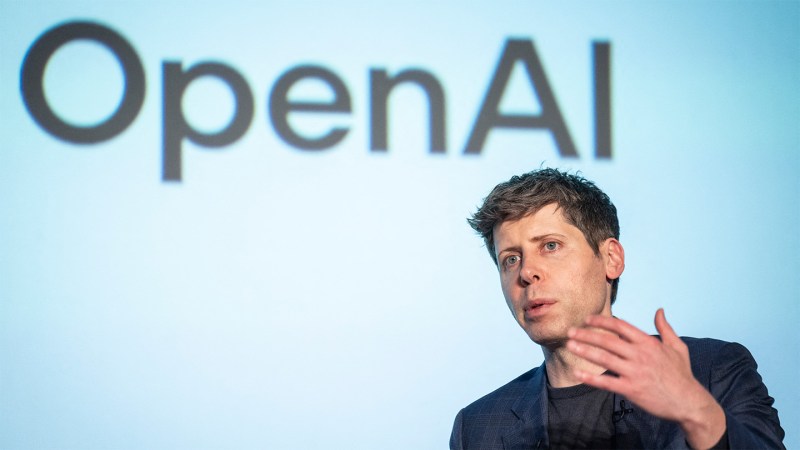
Journalist Karen Hao explores the implications of the artificial intelligence industry in her new book, Empire of AI. Through her investigation of OpenAI, she raises critical questions about the social and environmental consequences of a rapidly evolving tech landscape, which some argue mirrors aspects of historical colonialism.
Hao’s work comes at a pivotal moment, as the AI sector is experiencing unprecedented growth. Numerous companies are vying for supremacy in a global tech arms race, leading to significant resource allocation and ethical considerations. As the demand for AI technologies expands, the race is not merely about innovation but also about who controls the vast data and resources that drive these advancements.
In her book, Hao outlines how the AI industry has developed a complex infrastructure that, according to her analysis, resembles a modern colonial framework. This structure raises ethical dilemmas concerning data ownership, environmental degradation, and the socioeconomic impacts on various communities. The multinational nature of these corporations complicates accountability, as profits often flow to a few wealthy nations while the costs are borne by less affluent regions.
Hao points out that the environmental toll of AI development is substantial. The data centers and computing power required for AI systems consume vast amounts of energy, contributing to carbon emissions. As companies push for faster and more powerful technologies, the environmental impact intensifies. For instance, a single AI training run can emit as much carbon as five cars in their entire lifetimes, highlighting the urgent need for sustainable practices in the industry.
The book also delves into the social ramifications of AI deployment. Communities that are often underrepresented in technology discussions face significant risks as AI systems become integral to decision-making processes. Issues such as bias in algorithms can perpetuate existing inequalities, making it crucial for stakeholders to address these challenges proactively.
In a recent interview, Hao stated, “The AI industry is at a crossroads. It has the potential to advance society, but it can also reinforce historical patterns of exploitation.” Her insights call for a reevaluation of how technology is developed and implemented, advocating for inclusive practices that consider the voices of those most affected by these advances.
The revelations in Empire of AI are prompting discussions across the tech community about ethical AI practices and corporate responsibility. As governments and organizations grapple with the implications of AI, Hao’s work serves as a critical reminder of the need for a balanced approach that prioritizes both innovation and ethical considerations.
As the global AI landscape continues to evolve, the questions raised by Hao may shape future policies and practices. The intersection of technology, ethics, and social justice remains a pressing issue that requires collective attention and action from all stakeholders involved.






